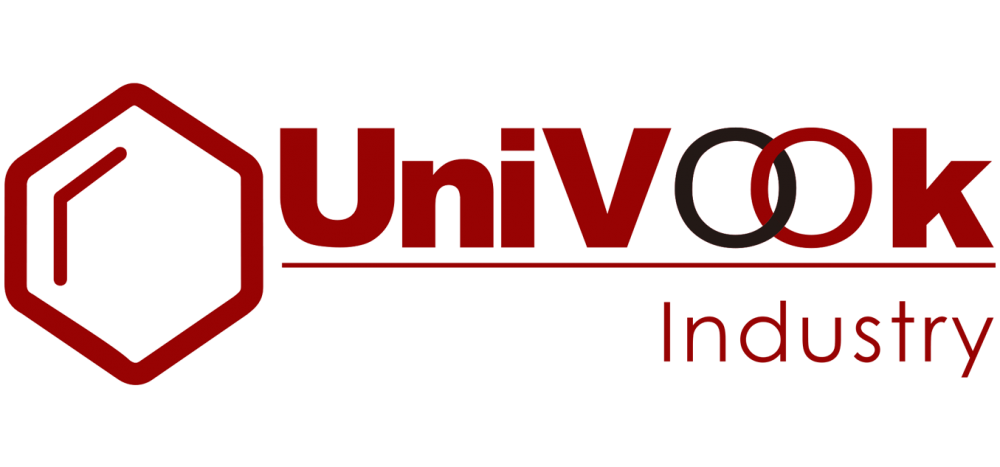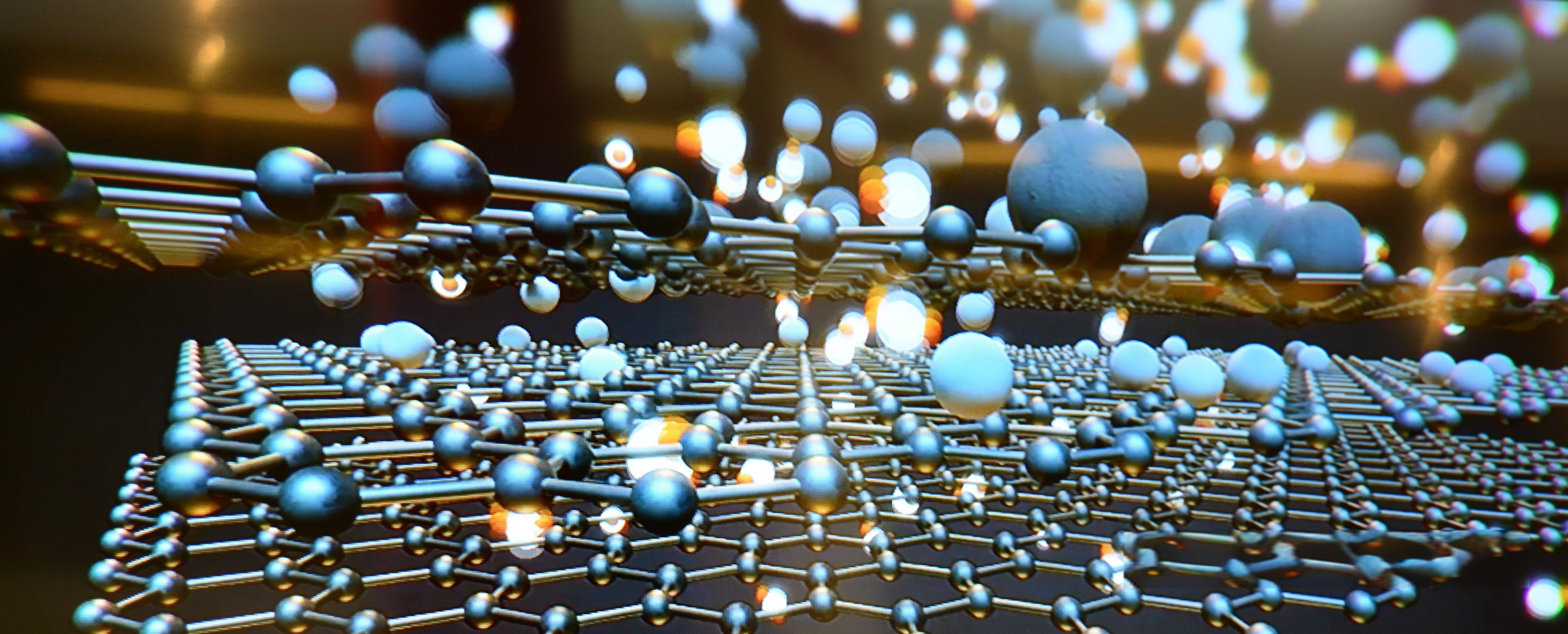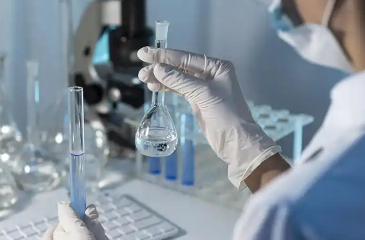How BHT Inhibitors Preserve Color Integrity in Nylon Fabrics
Phenol Yellowing (BHT) Inhibitor is vital in the textile industry, preventing fabric yellowing caused by BHT, an antioxidant in plastic packaging. It preserves the color of textiles, especially nylon blends. UniVOOK Chemical, a leading specialty chemicals manufacturer, offers custom solutions like Lutas MGB to protect textiles effectively. Their expertise ensures businesses maintain fabric integrity and longevity.
What is Phenol Yellowing (BHT) Inhibitor?
As textiles are increasingly exposed to external environments—such as light, pollutants, and climate changes—over time, the color and appearance of fabrics often undergo undesirable changes. One of the most common issues faced in textile production is the insufficient resistance to phenolic yellowing, a process that leads to the yellow discoloration of fabrics. This phenomenon, also known as BHT yellowing, can significantly affect the aesthetic quality and value of textile products.

Phenol Yellowing (BHT) Inhibitor has emerged as a crucial solution in the textile industry, specifically designed to counteract the yellowing effect caused by BHT (2,6-dibutyl-hydroxy-toluene). This inhibitor plays an essential role in preserving the original color and appearance of fabrics, making it an important additive in textile processing.
Mechanism of Phenol Yellowing (BHT) Inhibitors
How Anti-Phenol Yellowing Agents Work
Anti-phenol yellowing agents are specialized additives that enhance the resistance of fiber materials to ultraviolet (UV) radiation, atmospheric pollutants, and environmental factors that contribute to fabric yellowing. These agents function by forming a protective barrier on the fiber surface, which slows down the degradation of pigments and fibers caused by external elements.
UV Resistance and Pollution Protection
The primary mechanism of anti-phenol yellowing agents involves reducing the impact of UV radiation on textile fibers. UV radiation is a significant factor that accelerates the breakdown of pigments in fabrics, leading to color fading and yellowing. By incorporating anti-phenol yellowing agents, the textiles gain enhanced UV resistance, which helps maintain their original color over time. Additionally, these agents reduce the detrimental effects of air pollution on fabric color, further delaying the yellowing process.
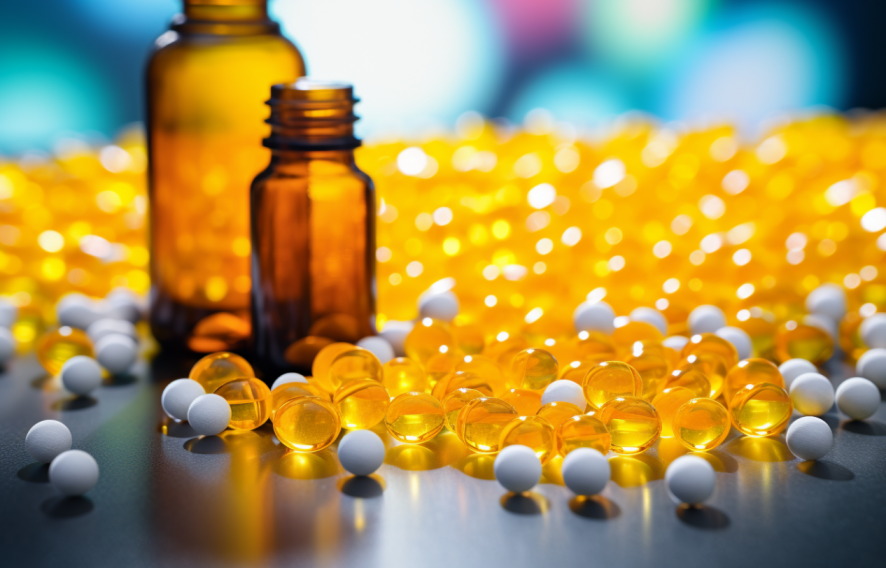
Extending Fabric Longevity
The protective properties of phenol yellowing inhibitors not only preserve the color but also improve the overall durability of textiles. By mitigating the adverse effects of UV radiation and pollutants, these inhibitors contribute to extending the lifespan of fabrics, making them more suitable for use in various demanding environments.
Applications of Phenol Yellowing (BHT) Inhibitors
Versatile Use in Textile Production
Phenol Yellowing (BHT) Inhibitors find widespread applications in textile production, particularly in sectors where fabrics are exposed to harsh environmental conditions. These inhibitors are commonly used in the manufacturing of outdoor clothing, sportswear, protective gear, and other textile products that require enhanced color stability and durability.
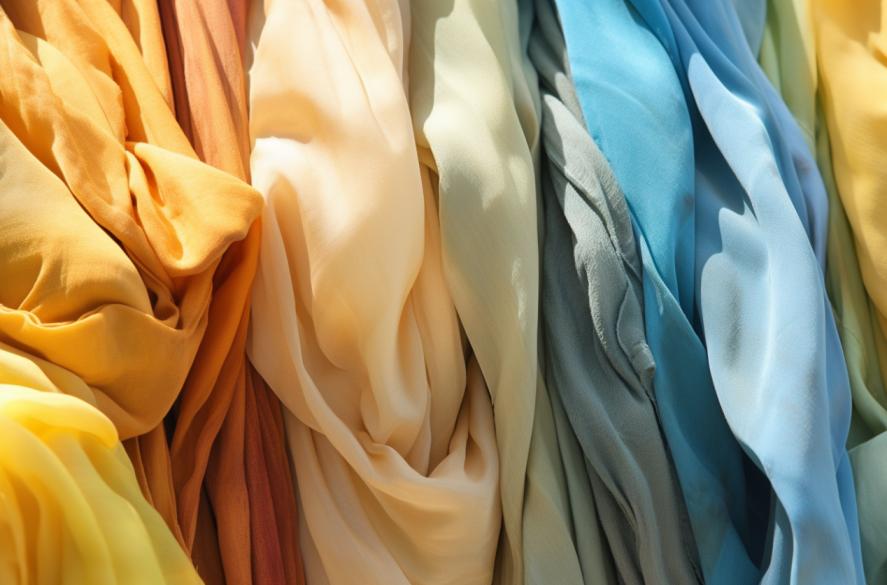
Suitable for Various Fibers
These inhibitors are effective across a broad range of fiber types, including cotton, linen, wool, polyester, and blends. The application methods, such as dipping, coating, and spraying, ensure that the inhibitor is evenly distributed on the fabric surface, forming a protective film that enhances the fabric’s resistance to yellowing and degradation.
Expanding Textile Application Fields
The use of anti-phenol yellowing agents expands the potential applications of textiles by making them more resilient in environments prone to UV exposure and pollution. This opens up new possibilities for textiles in outdoor and performance-oriented markets, where the longevity and appearance of fabrics are critical.
Features and Advantages of Phenol Yellowing (BHT) Inhibitor Lutas MGB
Lutas MGB: A Tailored Solution for Nylon and Nylon-Blends
Lutas MGB is a BHT (Bhenyl Yellowing) Inhibitor. It is specifically formulated to address the yellowing issues of nylon and nylon blends containing elastane. The main function of Lutas MGB is to counteract the yellowing caused by BHT, a common antioxidant found in plastic packaging. When textiles, especially white or light-colored textiles, are stored in such packaging. They can easily produce an unsightly yellow color. Lutas MGB effectively prevents this, ensuring that the fabric retains its intended color.
Maintaining Optimal pH Levels
One of the outstanding features of Lutas MGB is its slightly acidic nature. This ensures that even when used in large quantities, the pH of the treated fabric solution remains within the optimal range of 5-7. This pH stability is essential to maintain fabric integrity and ensuring that textile treatment processes do not inadvertently compromise fiber quality.
Compatibility with High-Turbulence Machinery
Lutas MGB is also designed for use on a wide range of high turbulence machines. This makes it a versatile choice for a wide range of textile manufacturing equipment. Its low foaming properties are particularly beneficial for machines operating with high turbulence. This ensures that processing can proceed smoothly without the complications associated with excess foaming.
Current Market Status and Needs in Phenol Yellowing (BHT) Inhibitors
Growing Demand for High-Performance Textiles
The global textile industry is witnessing an increasing demand for high-performance fabrics that can withstand environmental stressors while maintaining their aesthetic appeal. As consumers become more discerning about the quality and durability of their purchases, the need for effective phenol yellowing inhibitors has become more pronounced. These inhibitors are now a standard requirement in the production of textiles designed for outdoor, sports, and protective applications.
Challenges in Textile Production
Despite advancements in textile processing, manufacturers still face challenges in ensuring consistent color stability and resistance to yellowing. The integration of phenol yellowing inhibitors like Lutas MGB into textile production processes helps address these challenges, providing manufacturers with a reliable solution to maintain the quality and longevity of their products.
The Role of Phenol Yellowing Inhibitors in Market Expansion
As the market for high-performance textiles continues to expand, the role of phenol yellowing inhibitors becomes increasingly significant. These additives enable manufacturers to produce textiles that meet the stringent requirements of various industries, including fashion, sports, and protective gear, thereby expanding their market reach and competitiveness.
How Phenol Yellowing (BHT) Inhibitors Can Improve Your Textile and Leather Production
Enhancing Product Stability
The incorporation of phenol yellowing inhibitors into textile and leather production processes significantly enhances product stability. By delaying the onset of yellowing, these inhibitors help maintain the original color and appearance of the fabric, thereby extending the product’s shelf life and reducing the frequency of returns and complaints.
Improving Fiber Properties
In addition to color stability, phenol yellowing inhibitors also improve the overall properties of textile fibers. They enhance UV resistance and reduce the aging effects of environmental exposure, making fabrics more durable and suitable for long-term use. This improvement in fiber properties translates to higher-quality products that meet consumer expectations for durability and performance.
Expanding Application Possibilities
The use of phenol yellowing inhibitors opens up new possibilities for textile and leather products in demanding environments. Whether it’s outdoor gear that needs to withstand constant UV exposure or protective apparel that must remain functional and aesthetically pleasing. These inhibitors ensure products meet the stringent demands of their intended application.
Phenol Yellowing (BHT) Inhibitor Manufacturer: UniVOOK Chemical – Custom Solutions
UniVOOK Chemical’s Commitment to Quality and Innovation
UniVOOK Chemical is a leading manufacturer of specialty chemicals, offering custom solutions tailored to the specific needs of its customers. With a strong focus on quality and innovation, UniVOOK Chemical provides a comprehensive range of services, from chemical synthesis to commercial production, ensuring that customers receive high-quality products that meet their exact specifications.
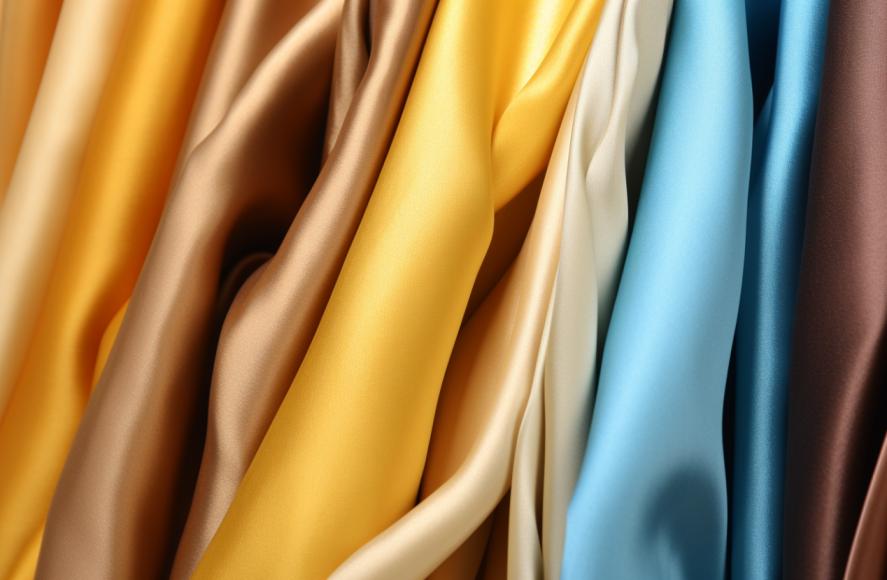
Custom Manufacturing Solutions for Specialty Chemicals
As a custom manufacturing partner, UniVOOK Chemical collaborates with customers from the initial concept stage to final product delivery. This includes creating chemical synthesis ideas, conducting laboratory evaluations, and scaling up production to meet commercial demands. UniVOOK Chemical’s ability to handle the entire manufacturing process—from raw material procurement to quality control—ensures that customers receive consistent and reliable products.
Supporting Your Manufacturing Needs
UniVOOK Chemical has extensive experience in custom manufacturing. It helps customers overcome production challenges, scale up new products and reduce time to market. By providing flexible and efficient manufacturing solutions. UniVOOK Chemical helps customers achieve production goals while minimizing costs and increasing profitability.
Conclusion: Choosing UniVOOK Chemical for Phenol Yellowing (BHT) Inhibitors
In conclusion, Phenol Yellowing (BHT) Inhibitors like Lutas MGB are essential additives for maintaining the color stability and durability of textiles and leather products. With the growing demand for high-performance fabrics, the need for effective phenol yellowing inhibitors is more critical than ever. UniVOOK Chemical is committed to providing high quality, innovative and customized manufacturing solutions. It is an ideal partner for companies looking to improve their textile and leather production processes. Choosing UniVOOK Chemical will give you advanced chemical solutions to help you stay competitive in the evolving textile industry.
Access Our Product Catalog and More to Discover High-Performance Chemicals Tailored to Your Business Needs
